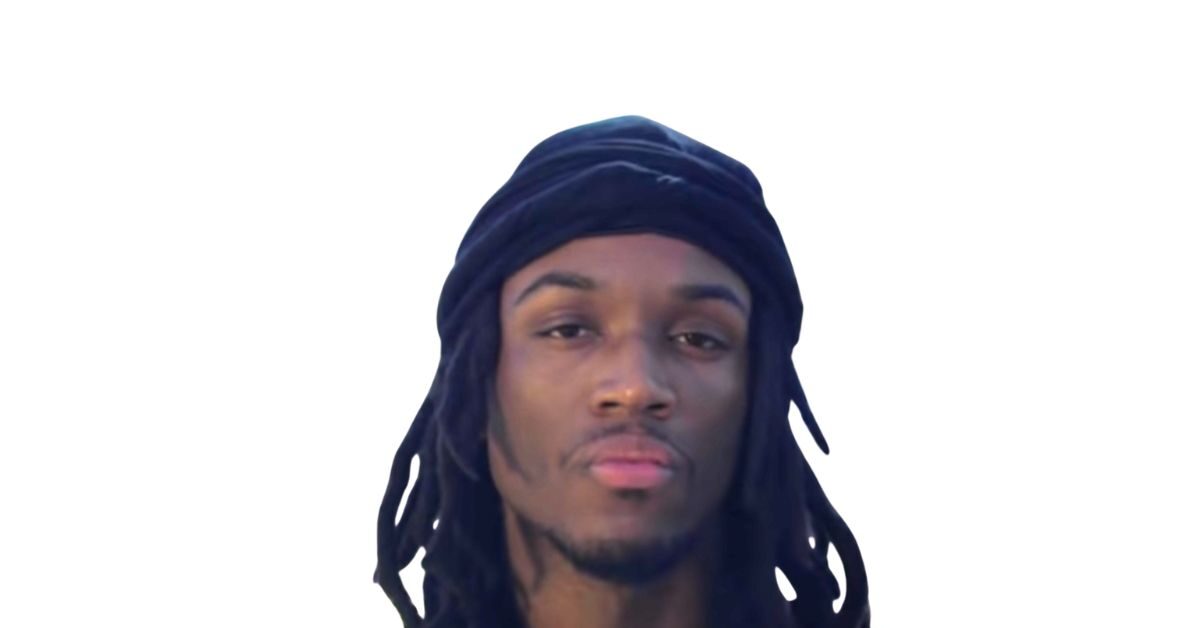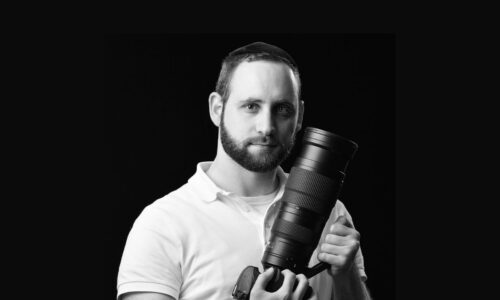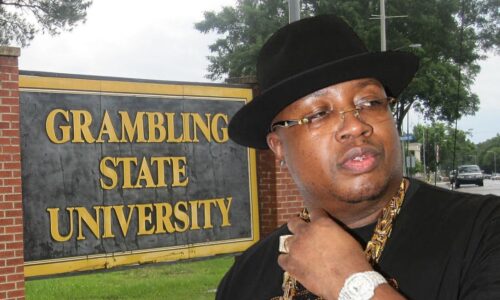With hip-hop emerging as one of the most popular genres of music today, Saba believes that more colleges should be teaching the history and culture of the art form.
The Chicago-born rapper recently spoke out in an open letter about why he thinks more colleges should teach hip-hop.
“I mean, it’s the most popular genre of music. There are so many courses on other people’s art and other people’s language and other people’s teachings, and I think I consider hip-hop to be as important as anything else. I learned way more from hip-hop, and I learned from me, like, U.S. history class growing up.” he said.
He emphasized that the awareness of hip-hop can help people understand the culture, neighborhood, and the people who come from that background.
“It should be like hip-hop legends and hip-hop people who are pushing culture forward and have provided for so many inspired so many things.,” Saba said. “We should all be taught, and like we are leaders of the community. And to me, that’s no different than all of the politicians and BS that we learn about in schools sometimes where we’ll never need some of that information.”
Saba isn’t the only one who believes in hip-hop’s educational value. In recent years, colleges across the country have been offering courses on hip-hop, from Harvard to USC.
Howard University, the historically black college in Washington, D.C., was the first to offer a class on hip-hop back in 1991. And now, over 30 years later, the course is still being offered and is one of the most popular classes at the university.
At Harvard, The Hiphop Archive and Research Institute documents the genre’s history and influence. It also established the Nasir Jones Hiphop Fellowship, which supports academic research on hip-hop.
The fellowship is named after Nas, the iconic rapper known for his socially conscious lyrics.
Meanwhile, USC offers “Hip-hop Music & Culture,” a class that explores the history and politics of the genre. The University of Arizona has a Hip-Hop studies minor, the first of its kind in the country.
With more and more colleges offering classes on hip-hop, it’s clear that the genre is here to stay. Saba’s open letter is just one example of the growing movement to legitimize hip-hop as an art form worthy of academic study.
Tahj Malik Chander, artistically known as Saba, is an American rapper from Chicago, Illinois. He is a founding member of the hip-hop collective Pivot Gang.
His two independent mixtapes, GETCOMFORTable and ComfortZone, 2014 propelled him into the local and national spotlight. His 2018 album CARE FOR ME was what put Saba on the map internationally. The album was a critical and commercial success, with Saba being praised for his vulnerability and honesty.
Now, the rapper is using his platform to speak out about important issues, like the need for more colleges to teach hip-hop. Saba is proof that hip-hop can be used for more than just entertainment; it can also be used to educate and empower people.





